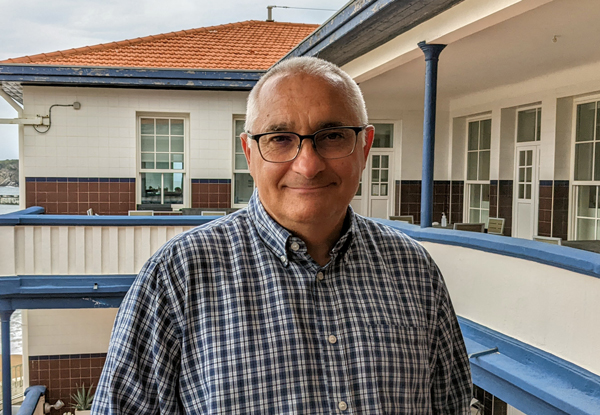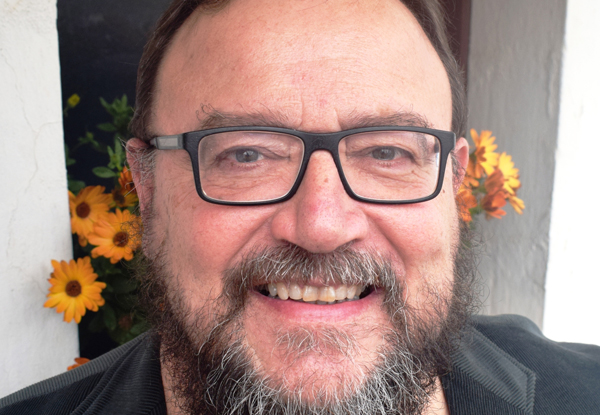Investigations
A pilot study for the One Health Living Lab
Plentzia Estuary, Bay of Biscay

View of Plentzia Bay in the Basque Country
One Health is an interdisciplinary approach that examines the relationships and intersections between humans, animals and the environment. This case study looks at a pilot study in the Plentzia Estuary, which is pivotal in the development of a One Health Living Lab (a research environment that takes a collaborative approach to problem solving).
The Plentzia Estuary is in the Bay of Biscay, home to popular tourist resorts. Other human impacts include industrial and farming activities in the Plenzia’s catchment area , as well as a wastewater treatment plant. There’s also a squid fishery that supplies local restaurants.
Prof Ionan Marigomez from the Centre for Experimental Marine Biology and Biotechnology (PiE-UPV/EHU), explains how BlueAdapt’s research will inform better management of recreation, waste and fishing activities in the Bay of Plentzia. This research will inform the pilot study for the One Health Living Lab and act as an example for other coastal areas in Europe. You can also watch this video in Spanish or Basque.
What are we doing?
Using the One Health framework, the cross-disciplinary team are completing a survey and analysis of the impact of the activities in and around the Plentzia Estuary. The outcomes will include modelling and risk maps, and opening up discussions with local stakeholders. The team hopes that this essential work will promote the Living Lab as a knowledge platform, to be used by diverse organisations to co-produce solutions for environmental and health risks.
There are challenges, not least the current gaps in knowledge about local pathogens and the rather complex coastal socio-economic environment. The pressure of seasonal tourism will impact on the sampling timeline: the team will have to find a balance between biological and tourism seasonality. Then there’s the challenge of dealing with a wide variety of stakeholders, including (several) local government agencies.
Timeline
Here’s what we do:

Why is this important?
This case study will demonstrate the importance of a One Health approach to ecological public health. It will provide insights into the fate of pathogenic viruses and bacteria, including how these could change in response to climate and environmental stressors (such as rising sea temperatures and seasonal tourism pressures).
This increased understanding should lead to better management of recreation, waste and fishing activities in the Bay of Plentzia, while acting as an example for other coastal areas in Europe. We hope that the new Living Lab will become a platform for multi-perspective collaboration on One Health and climate change issues.
Lead contacts
External colaborators
The Water Agency of the Basque Government (URA) and the Water Management Company Cluster (Bilbao-Bizkaia Ur Partzuergoa).









